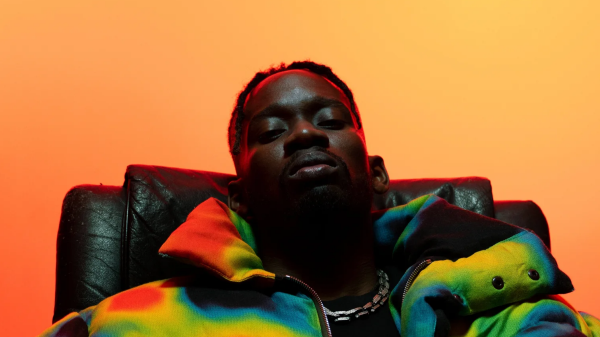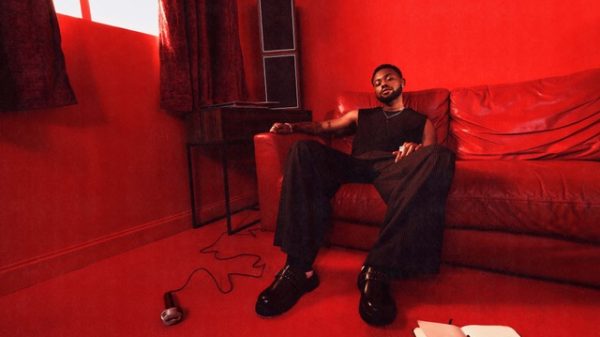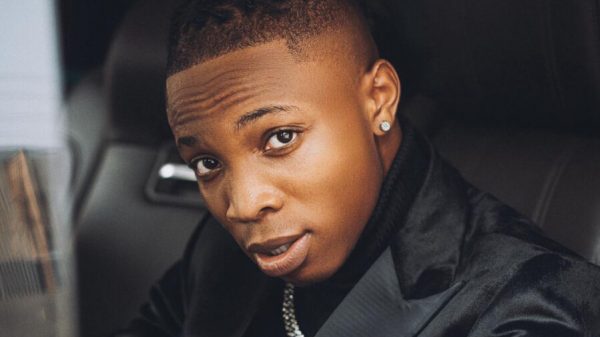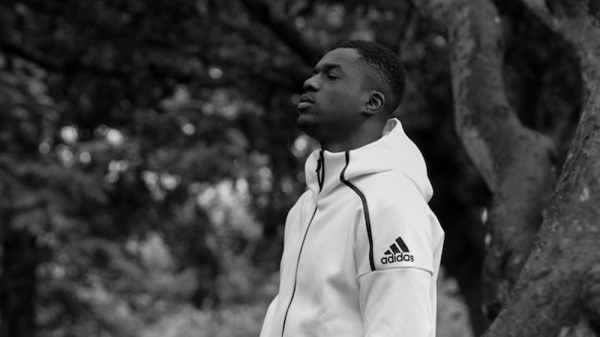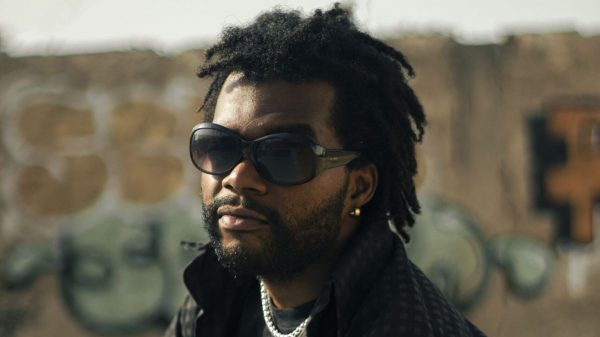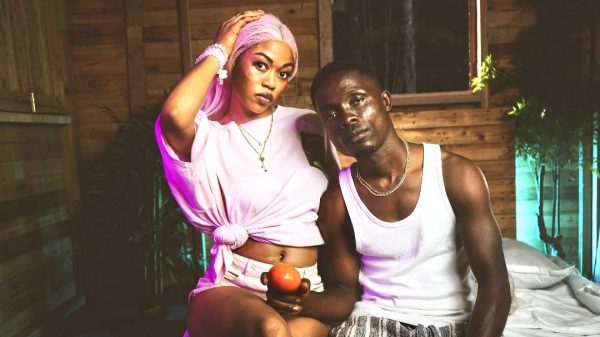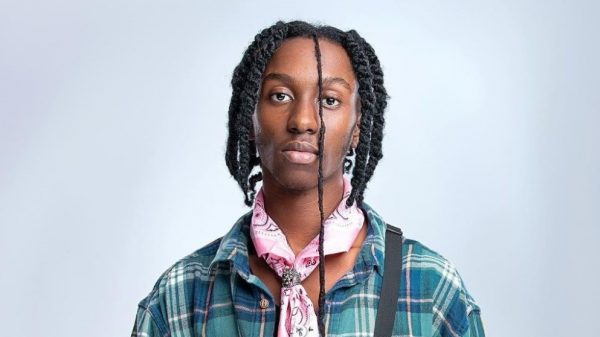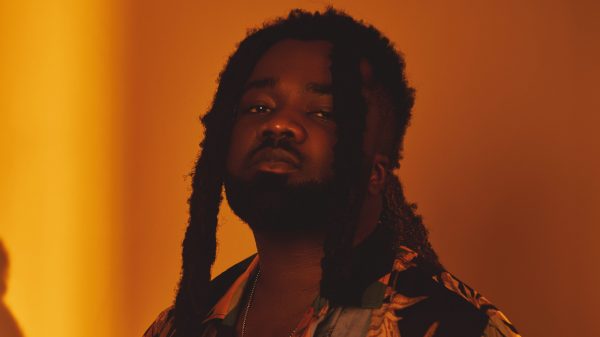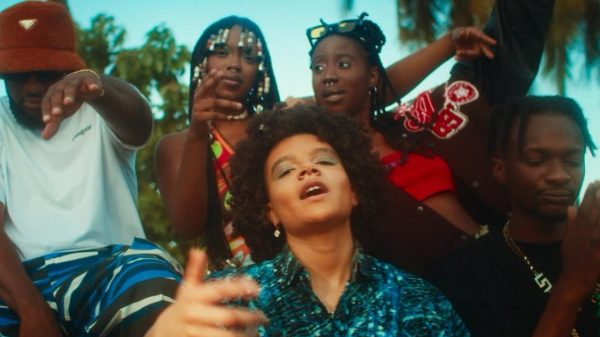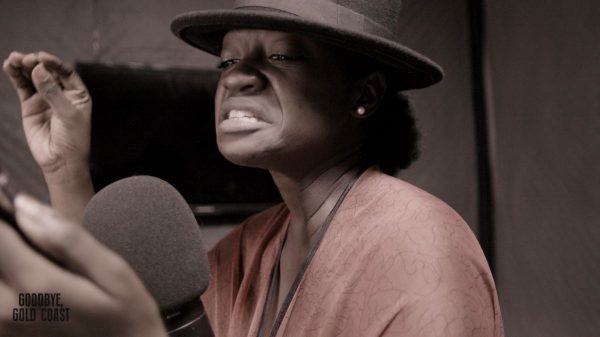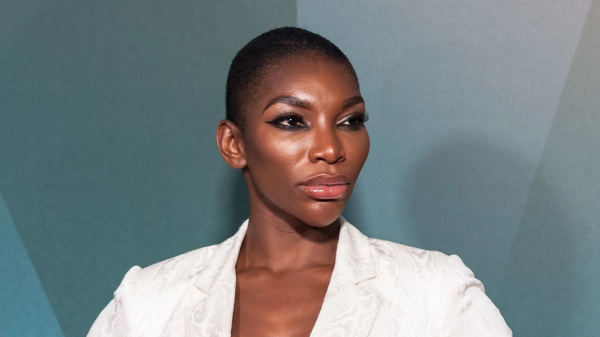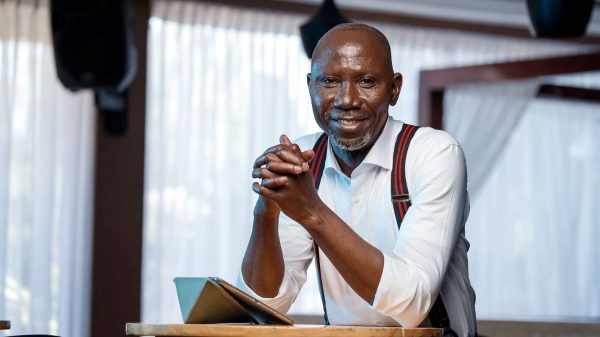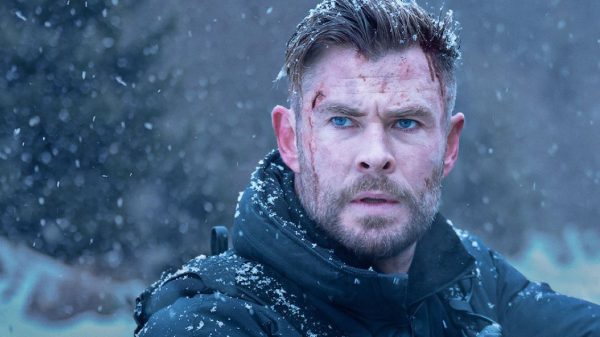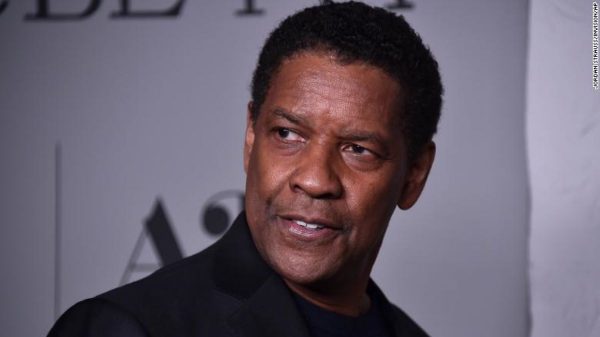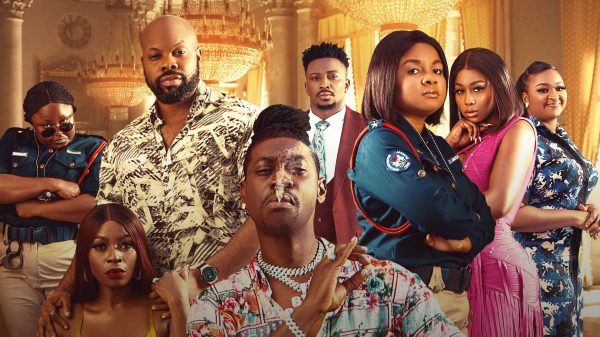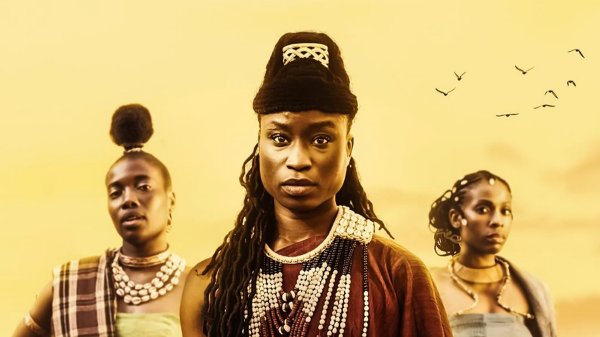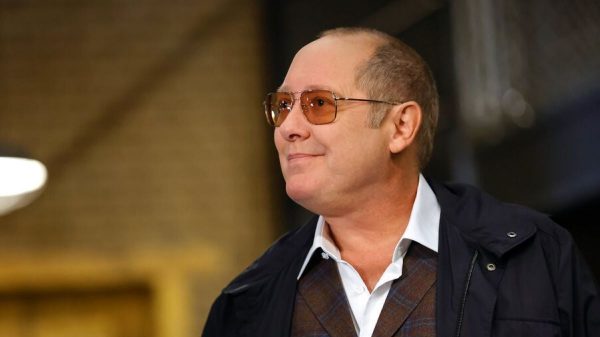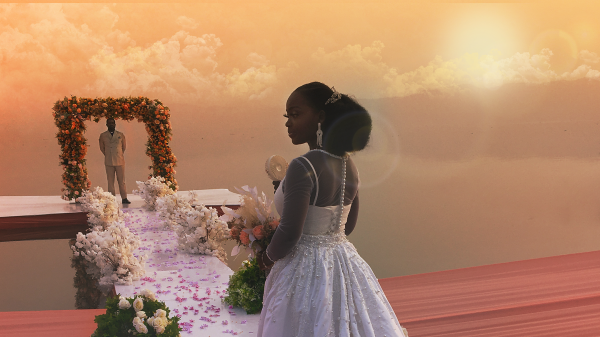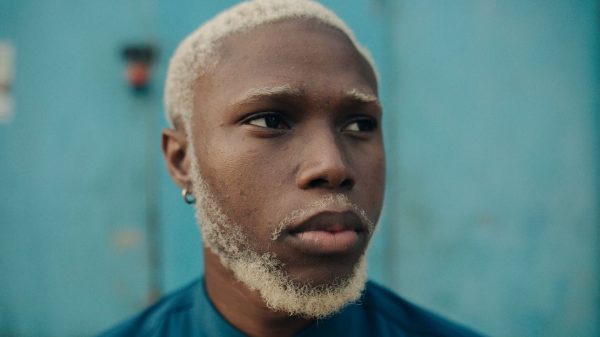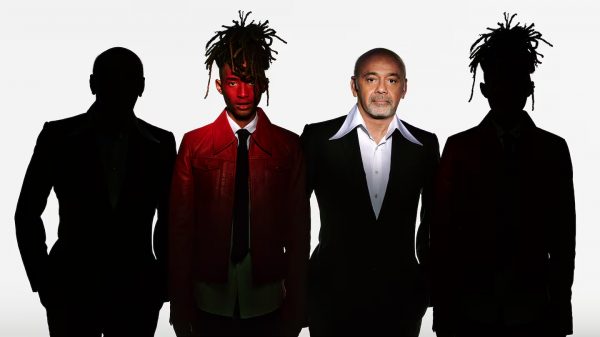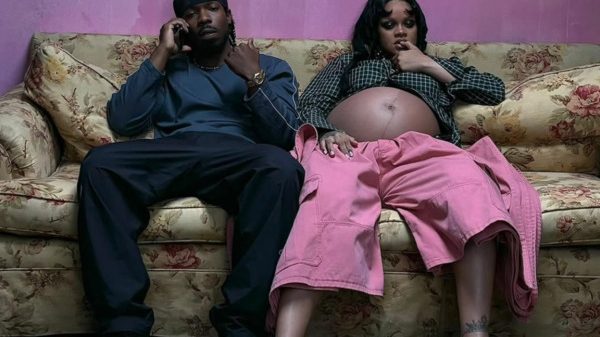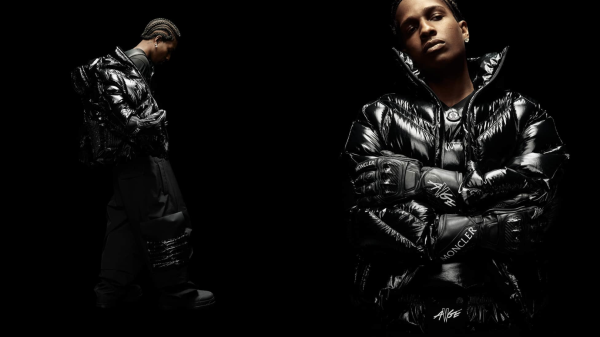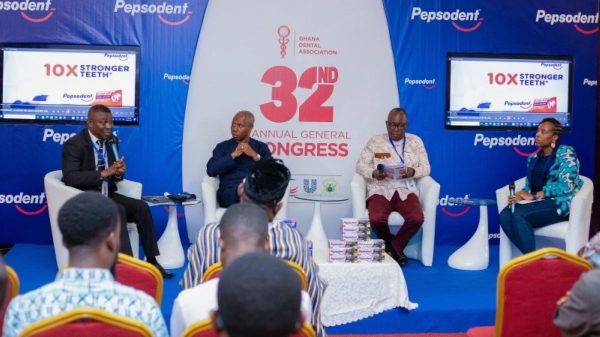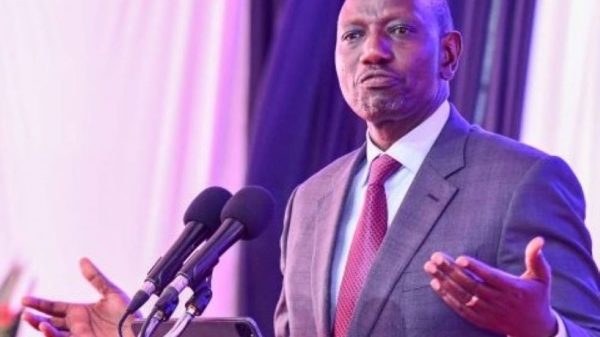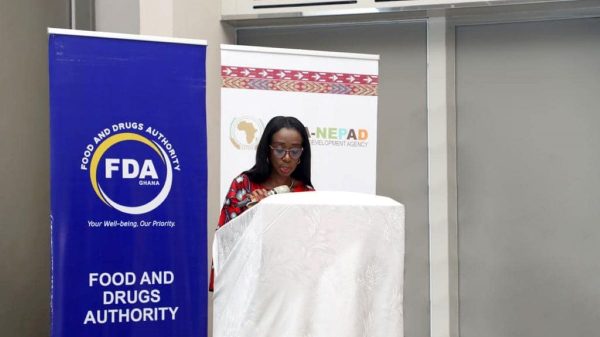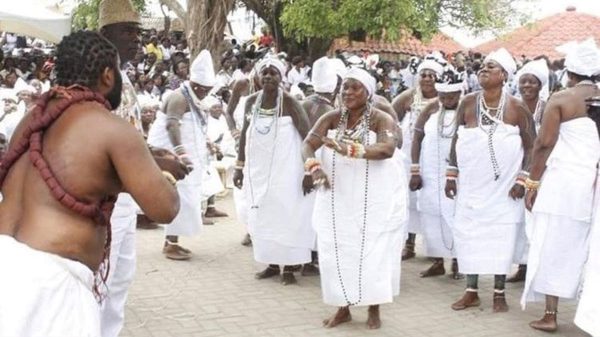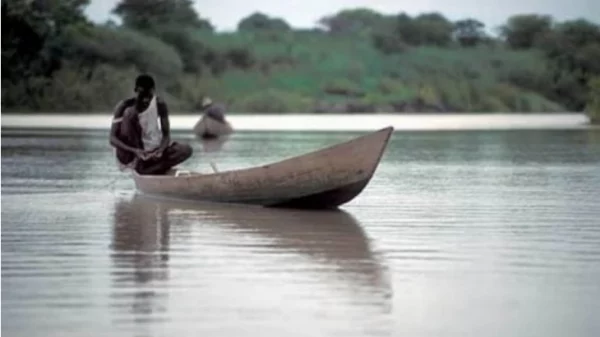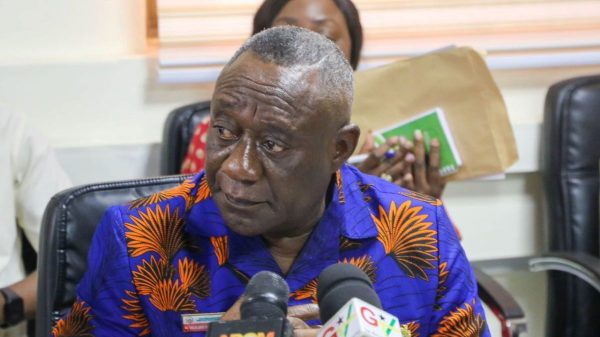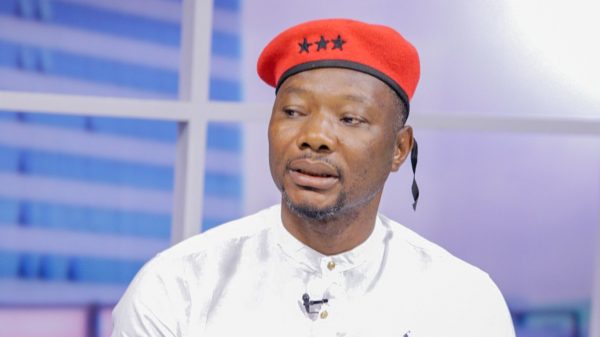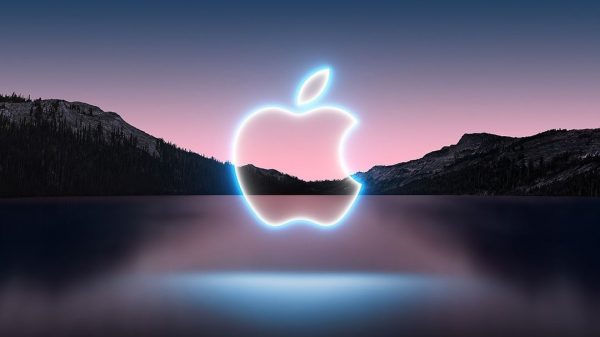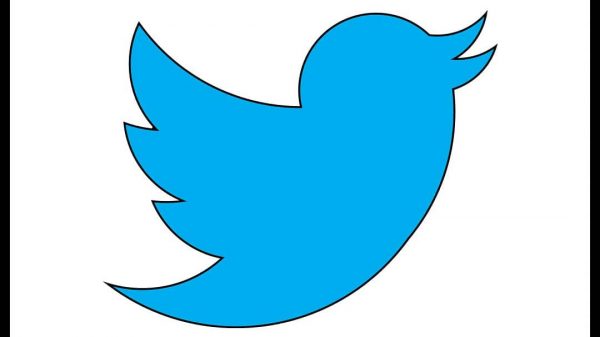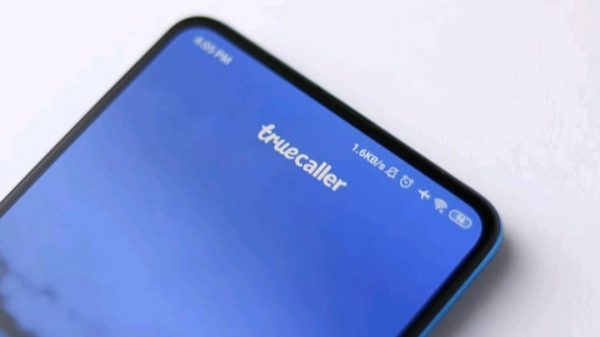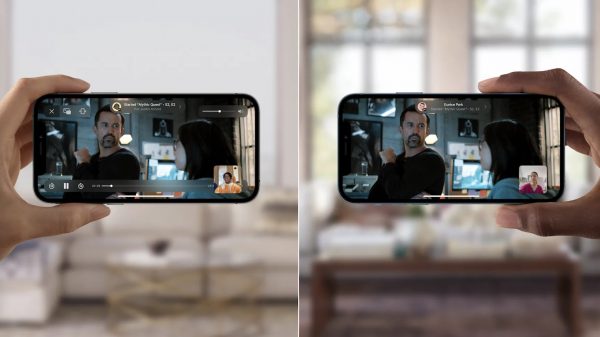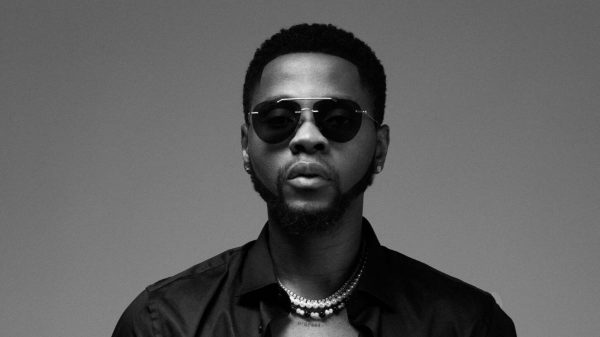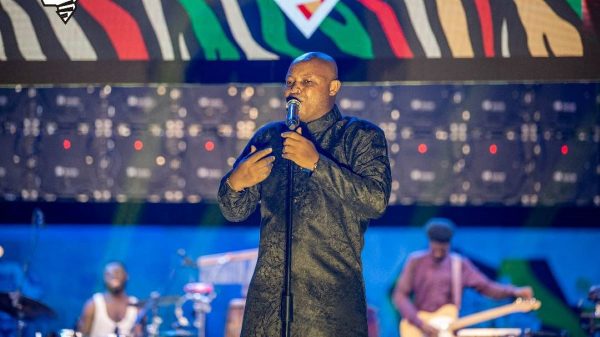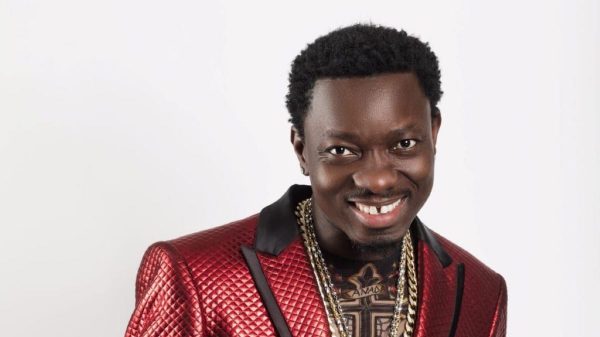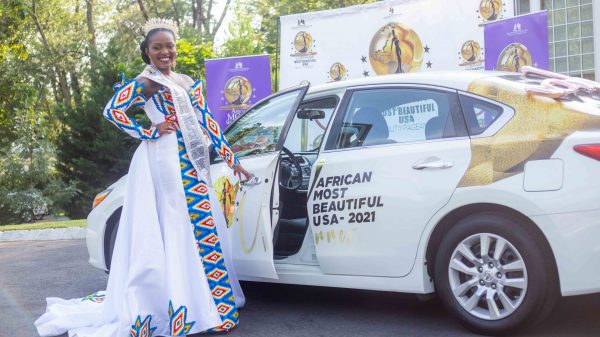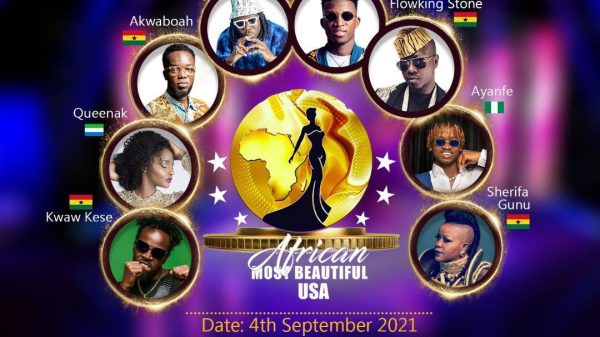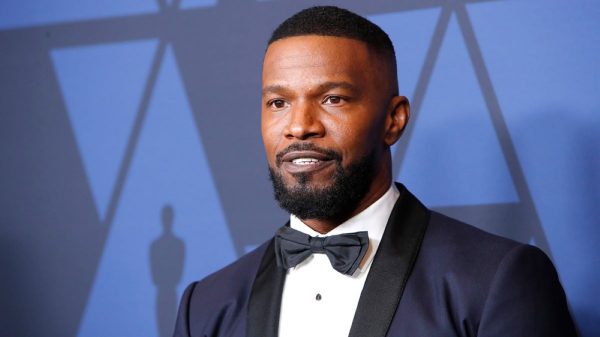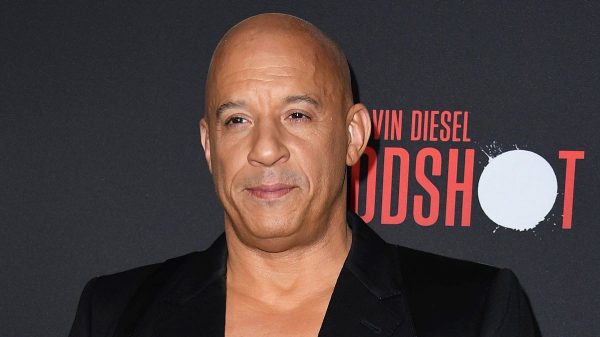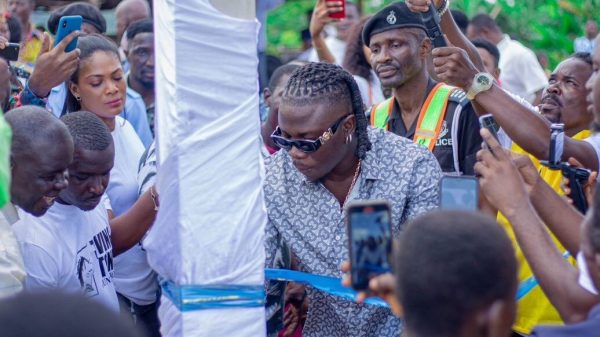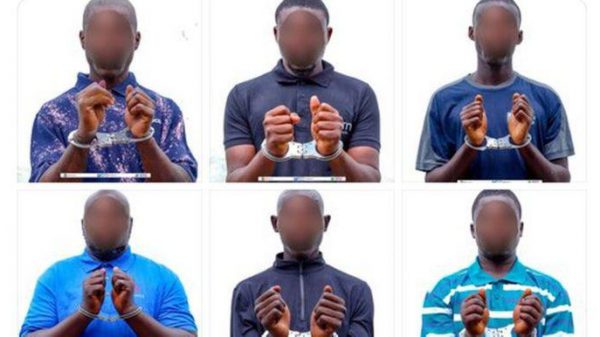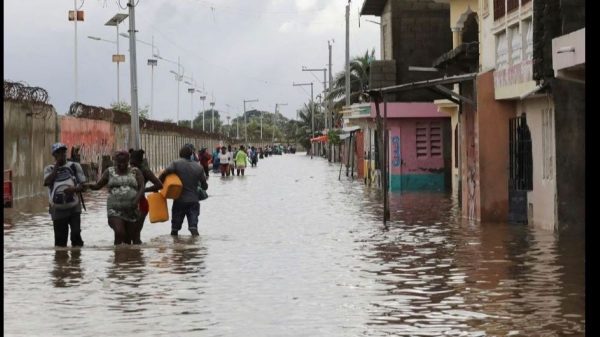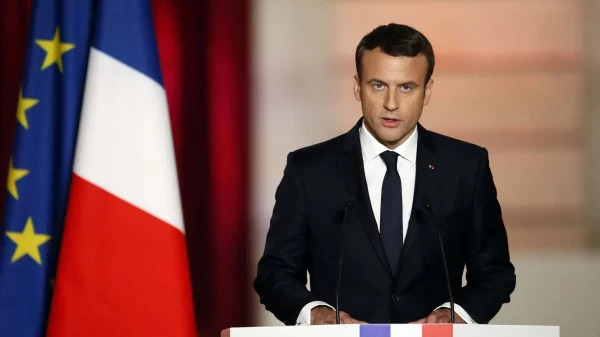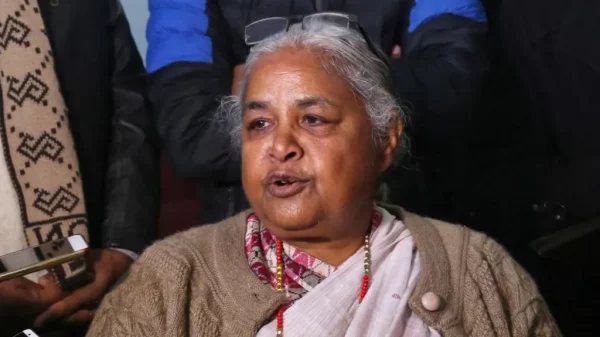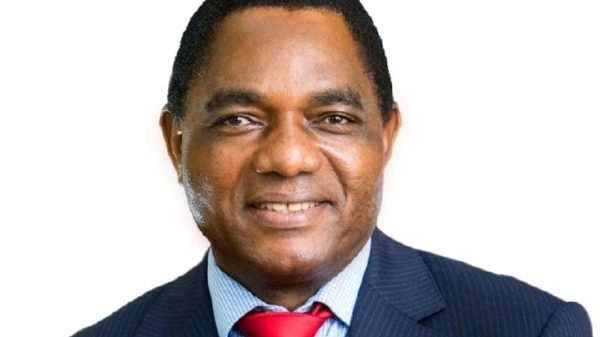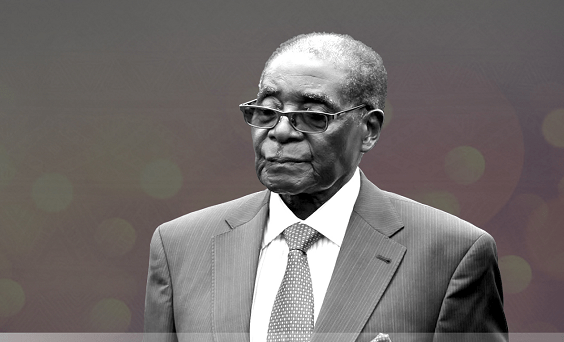Zimbabweans woke up to the news that their Liberation president, Robert Mugabe, had died in a Singapore hospital bed.
The former president of Zimbabwe divides opinion geographically and historically.
Those who come from the west of the country, around Bulawayo, remember the pogroms against the Ndebele people today as strongly as they did in 1987, when soldiers trained by the North Koreans and led by the current president, Emmerson Mnangagwa, claimed the lives of up to 30,000 people.
In the tobacco heartlands, around Mashonaland, Mugabe is a hero for enabling land reform – finally righting the historic wrong of the best lands seized by white farmers and held on to ever since.
Pan-African hero
Within the continent, he will forever be a pan-African hero for his stance against the apartheid South African government, and for leading Zimbabwe’s long struggle against the regime of Ian Smith.
Beyond Africa, Mugabe relished clashing with the New Labour government of Britain’s Tony Blair.
We have fought for our land, we have fought for our sovereignty, small as we are we have won our independence and we are prepared to shed our blood. […] So, Blair keep your England, and let me keep my Zimbabwe. We are still exchanging blows with the British government. They are using gay gangsters against me.
Chinese friends
He kept close ties with Beijing, whose companies financed much of the tobacco harvests of recent years.
Beijing eventually tired of him – but the Chinese government appeared to allow regime change happen on its terms.
A now infamous trip by former army chief Constantino Chiwenga to Beijing led to an ambush on the return trip at Harare Airport. It kicked off the brutal power struggle within the regime faction that eventually saw President Mnangagwa emerge victorious.
What legacy?
They say the ultimate test of a man is what he leaves behind.
It is hard to argue that the ruling elites Mugabe has bequeathed the country are a step forward.
But the middle classes in Zimbabwe – many of whom are now running companies around South Africa and beyond – are testament to the primacy his regime gave to education.
The land reform process was done poorly, in violence, and ultimately benefited the wrong people.
The economic results are clear.
Yet it remains an important step in the decolonisation of the country, a colonisation that was itself violent.
The economic and political interests are more aligned today than in previous decades, when cheap plantation labour worked to create wealth that was then exported out of the country.
For that, Mugabe will remain a hero in the eyes of most on the continent.
(Source: theafricareport.com)

